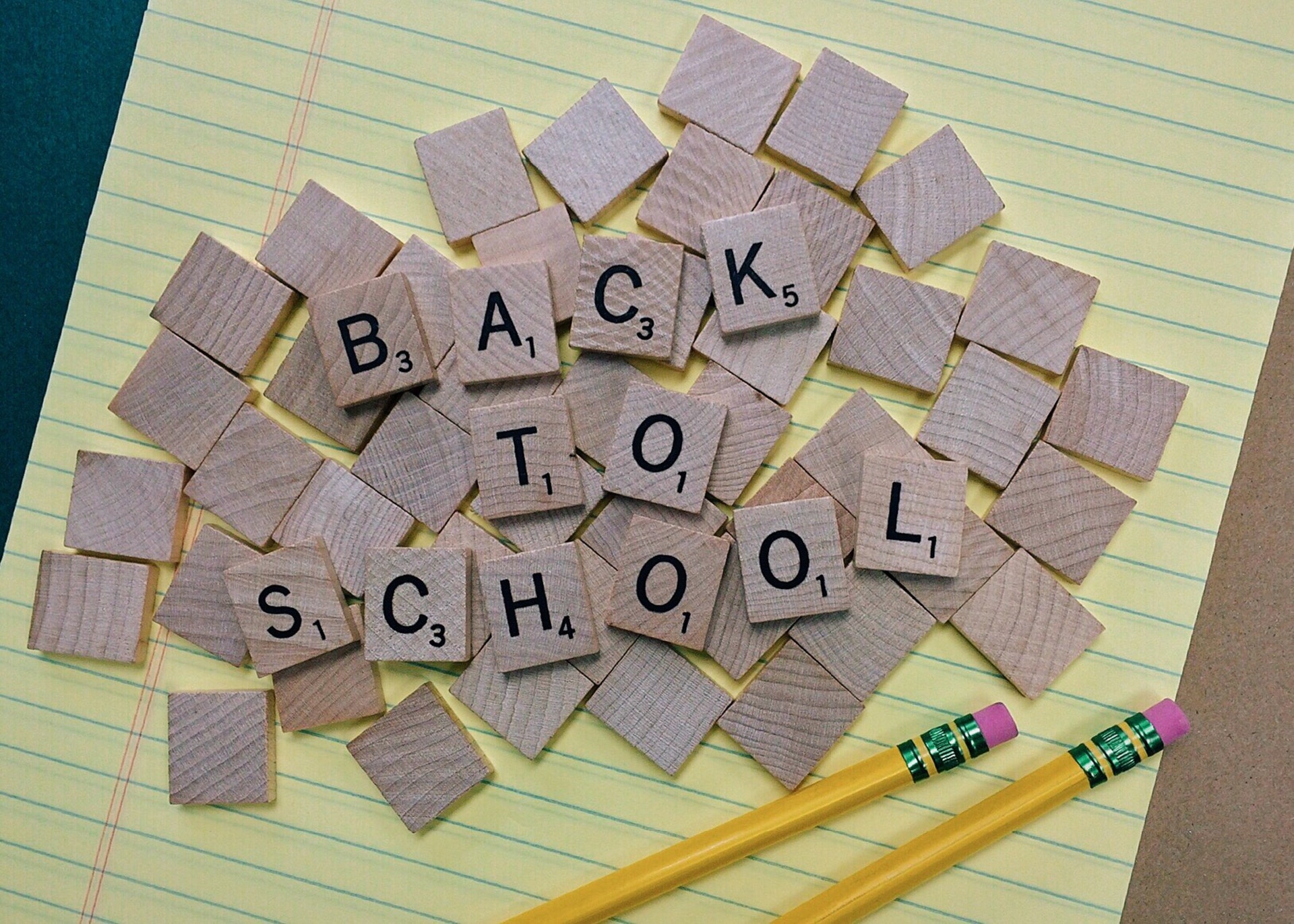G
1. How to help your child get back into the school routine and manage their schedule
As students get into middle and certainly high school, children, as well as parents, may be unaware of the daily demands of homework load, and children can be easily overwhelmed with all of the daily demands of homework, studying for quizzes and tests, and completing various projects. The solution is to get back to routines. I recommend getting them a wall calendar that they can themselves write down their weekly schedule so they can visualize what needs to be done and plan accordingly to accomplish those tasks. Having a quiet place to do homework at a consistent time, preferably in a place that you can see them doing homework so they know that you see them, is very important.
2. How to regulate their daily use of technology
Children often don’t realize the potential dangers or consequences of technology overuse. Therefore, when regulating technology, it is important to clearly communicate the expectations you set forth as parents for your child. Depending on maturity level and your child’s level of responsibility, you may want to limit their access to social media or have access to their passwords. Setting limits to screen time is very important and the US Department of Health recommends that children under two should not be in front of a screen at all and over that age the maximum leisure screen time should be no more than two hours a day.1
In setting your expectations as a parent, you want to ask yourself the question, “What devices will you allow your child to use, for how long, and how will you monitor their activity? Set limits on electronics use, especially cell phone, to prevent that from becoming a distraction, so they are able to complete homework in a time efficient, high quality manner and also maintain an active, healthy lifestyle.
3. How to motivate your child using the right kind of praise
When giving praise, use it sparingly and be sure that it is used with a purpose that is specific and genuine. Avoid using praise for failures or low-challenging or low-achieving activities. Kids know when you are giving them “pity praise” and when you really mean it. The goal of praise is not to make a child dependent on it, but for them to feel empowered that they are capable of achieving greatness on their own.
In my new book, The Ultimate Guide to Raising Teens and Tweens, I provide parents with a variety of in depth activities and strategies to help motivate a child and achieve success, while decreasing stress levels, improving happiness, self-awareness, and self-esteem, and becoming a smart, successful, and self-disciplined individual.For a complete guide to help you and your family’s overall well-being, from all things healthy home to eating, moving, sleeping, and thinking well strategies, grab a free copy of my 25-page WHOLE LOTTA LIVING GUIDE here.
To A Great School Year Ahead!

Sources:


